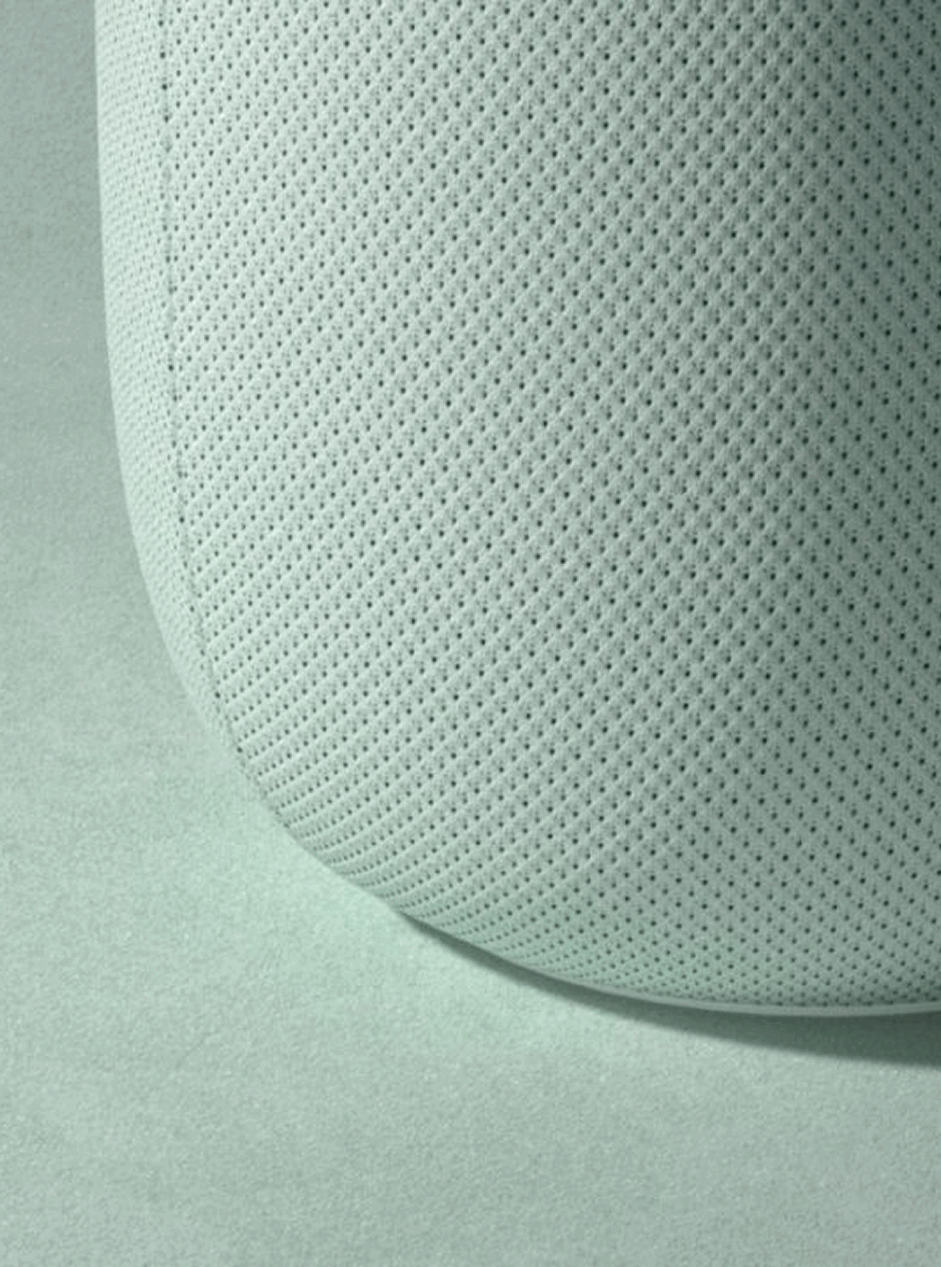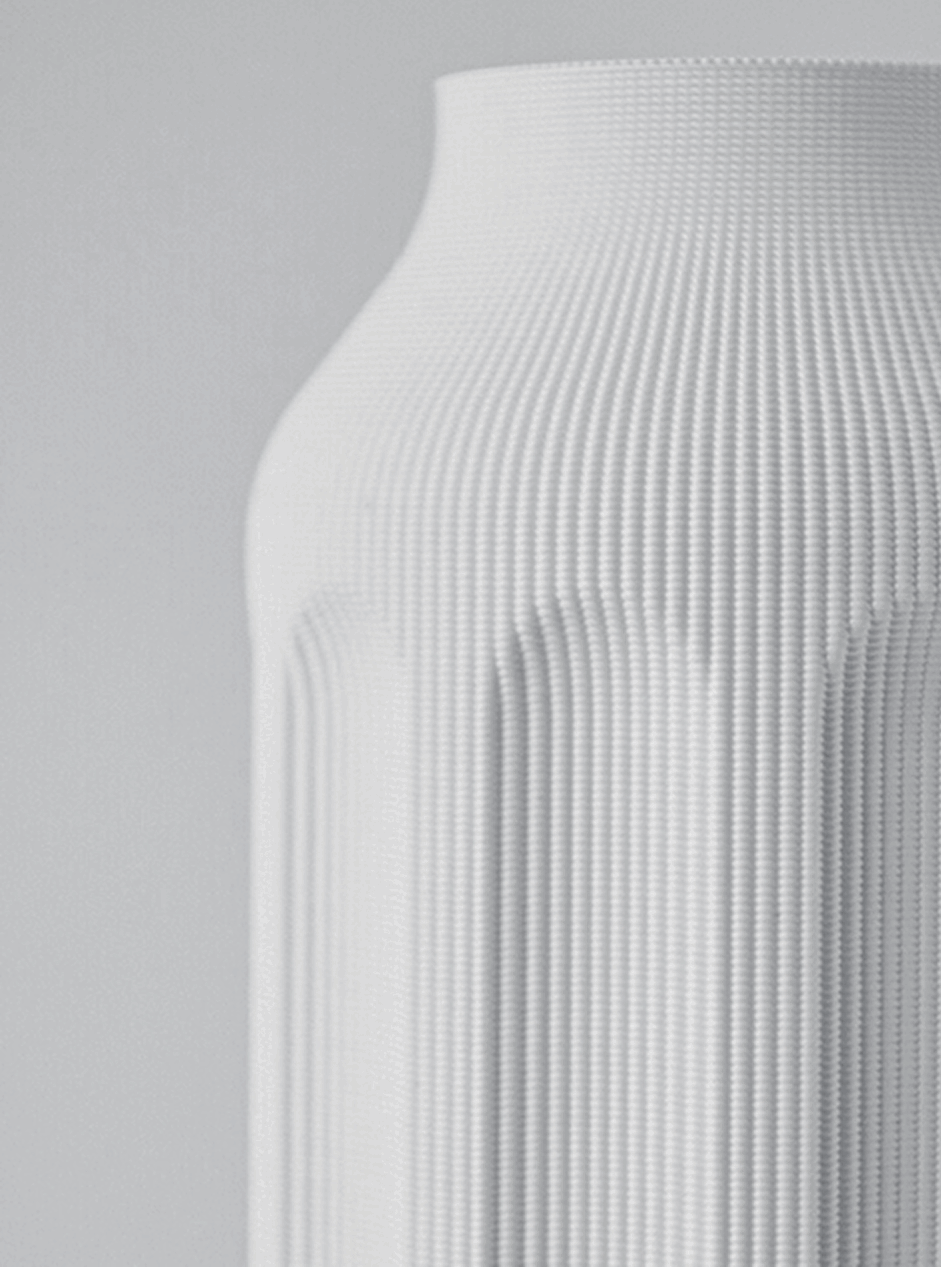Edible Bowl
2013
The Royal college of Art
Short term project/Solo project
Plastic is a substance the earth cannot digest. This edible bowl is made of several natural ingredients to address this issue. The bowl is shaped and solidified through strong pressing process, so that it would not be broken nor melt easily. Even though the edible bowl is not a perfect alternative, it provides intellectual curiosity to those seeking environmentally friendly materials.




At-Home HPV Test Kit
2021
IDEO x Teal Health
Team: Industrial Designer, Design Researcher, Gynecologist, Mechanical Engineer, Prototyper
Role: Design the device from scratch to the final design, modeling, CMF, rendering, prototyping and user research
Project Details: A 12-week professional project focused on designing the patient experience for an at-home Pap smear and HPV test kit
Traditionally, getting an HPV test meant a pap smear at the hospital, which can be uncomfortable, time-consuming, and costly without insurance.
Teal Health and our team have designed a at-home HPV test kit, allowing individuals to conduct the test in the privacy of their own homes. This kit simplifies a complex process, making it easy to use.
Our client initially focused on design, but we encouraged them to prioritize the patient's experience. This shift led to a complete rethinking of at-home HPV testing.
Thanks to this collaboration, Teal Health secured $8.8 million in seed funding from investors, highlighting the value of patient-centered, at-home healthcare solutions.


Current pap smear test device for the HPV test





.jpeg)




We had a unique process for this project—we sketched and prototyped simultaneously, going back and forth between the two. We actively tested each iteration by putting it in our hands to see if it worked. Since usability, experience, and providing confident guidance were key to this project, creating mock-ups early in the process was especially helpful. We created design through making. To support the collaboration of our team, I created and managed the space for sharing daily prototypes to improve the efficiency of our working process.

How to use the device
Position yourself and insert the device into your body. Make the slider up, toward your head. It will deploy the sponge. Then, rotate the slider with your thumb about five times. It'll collect the bad cells from the cervix. Finally Retract the sponge and remove the device




The tip is small, soft, and flexible to ensure a non-intimidating, painless insertion. Frictionless materials and gentle shapes provide comfort and confidence. The protective elements contact the body first, shielding the expanding sponge, which collects cells effectively while the slim shaft minimizes discomfort.
.
“It’s difficult to target the cervix, so I think you need to just fill the space as much as possible.” - Physician

Anteverted
80%

Retroverted
20%
An angled tip ensures the sponge medium is positioned at the most optimal location to contact the transition zone of the cervix while limiting exposure to vaginal cells. This allows targeted sampling for both anteverted and retroverted uterine anatomy.


The smart dial is designed for one-handed use, considering the intended context and location of operation. Using a single hand is essential for maintaining patient stability and ensuring ease of use—especially for individuals with limited range of motion. As a result, one-handed operation became a key requirement in the concept development.
Among various interface options, patients responded most positively to the slider interface, as it most clearly communicated the device’s function. Based on this feedback, we prioritized and emphasized the interaction area in our design.
The dial is nestled in a cutout shaped for thumb comfort, while the sloped top surface provides tactile feedback to help users intuitively gauge how far to slide. The flattened bottom adds stability when the device is placed on a counter.

.png)
Materials contribute significantly to user interaction. The handle has a cross-section engraved texture ensuring a secure grip. A smooth material on the face facilitates frictionless sliding motion. The vertical textured slider enhances patient control while rotating the dial. The chosen colors are carefully curated for a gender-neutral purpose and are slightly toned down to create a less intimidating sensation.
Approachable, clean and welcoming
for giving confidence in occasional use






Refreshing, clean, and lightweight,
evoking a hygienic feeling for self-use at home






Balanced, soothing, yet trustworthy for enhancing trust in use






Crisp, clean, and neutral, evoking a sense of hygiene and simplicity for self-use at home






User journey map
.png)
.png)
.png)
We approached this challenge through a patient-centric lens. We conducted research with a focus on speaking to four Physicians and patients. In order to get rich stories, we designed research tools such as a user journey map exercise to help our participants prioritize important moments during at-home test. We also hosted co-creation sessions with physicians and patients and built a visual mock-up to prototype an improved journey with real patients.
Our research suggested a product requirement to build the next level of design. People like to have simple interaction outside with one hand, functioning that serves accuracy inside. Design shouldn't make user scared, it should familiar enough but looks trustworthy. People want to sense reassurance that I’m doing the right thing with physical guidance. For example, tactile feedback for the slider button, so the user knows the user released the sponge. However, people didn't prefer the camera option because they don’t want to see their vagina.
We carefully designed our product to make sure that users could handle the product with one hand, even when they could not see the product directly. Designing the tip was challenging because it is inserted into the body to collect cells from the cervix. Our team designed the mechanism of the retraction and detraction of the sponge to ensure both user convenience and safety.
After creating the final mock-up, we tested it with about 80 patients and achieved a 100% success rate in cell collection.
This kit will be available on the market soon.